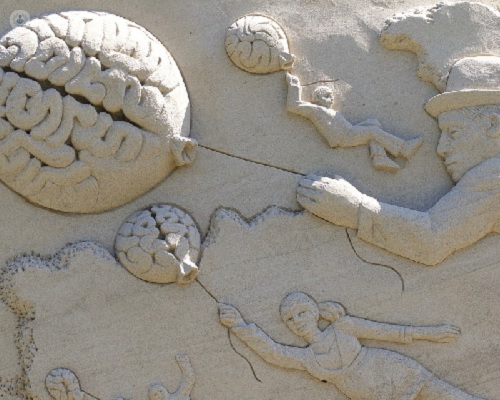Alzheimer 's Disease
Written by:Alzheimer's disease is a neurodegenerative disease, that is, a disease that produces a destruction of neurons before the expected time. They are neurons that are located in certain areas of the brain that are what make us have memory, a fluid language and be able to recognize people and things.

It appears fundamentally in the later ages of life. It has been shown that between 65 and 70 years, 1% of the population of that age will have Alzheimer's disease and, every five years, it will double. So, 70 to 75 years is 2% of the population, 75 to 80 years is 4%, 80 to 85 years is 8% and 85 to 90 years 16% of the population will have Alzheimer's. From the age of 90, curiously, it diminishes. It is believed that people who are older than 90 are very protected against this disease due to their genetic load.
The symptoms of Alzheimer's Disease
The initial signs of Alzheimer's are memory alterations, the patient is forgetting things and then is unable to remember it. Obviously, it is not the same as when we ask ourselves where we have left the keys. The patient with Alzheimer's, despite giving clues or clues, is unable to remember.
There is a very important symptom that we call the "executive dysfunction" that in the clinic translates with what things that the patient previously knew how to do, now presents many difficulties to make them. For example, it is very characteristic to see that before a patient knew how to make a dish and now has many difficulties to make that dish.
It is also frequent that patients who did a certain task and, now that task or do not know how to do or have many difficulties to carry it out. That would be the most important data to think that one can suffer from Alzheimer's Disease. Anyway, anyone who suspects it, should visit a Neurologist who will perform the appropriate neurological exams to rule it out.
The phases of Alzheimer's Disease
In the first phase, the patient usually has greater difficulty in verbal fluency, that is, a difficulty in finding the exact words to express what one means. You may also have greater difficulty remembering not too important events that happened a few hours or a few days ago. This is the initial phase.
When the disease progresses over time, the language becomes less fluid, fewer words and more circumlocutions are used, the language is very poor in nouns. Gradually he has more difficulty remembering the dates (temporary disorientation).
Subsequently, a spatial disorientation appears. The patient is lost through unusual places, but he knows. Later, he ends up disorienting himself in habitual places until he ends up losing his home.
In the most advanced phase, the patient may no longer recognize his family, or even who he is.
Behavioral disorders such as agitation, aggression, motor restlessness, changes in the waking-sleep cycle (at night they are awake and agitated and during the day they are asleep), are frequent symptoms of the disease and significantly alter family cohabitation.
The neurologist can diagnose the patient, guide the family and improve the quality of life of all.


